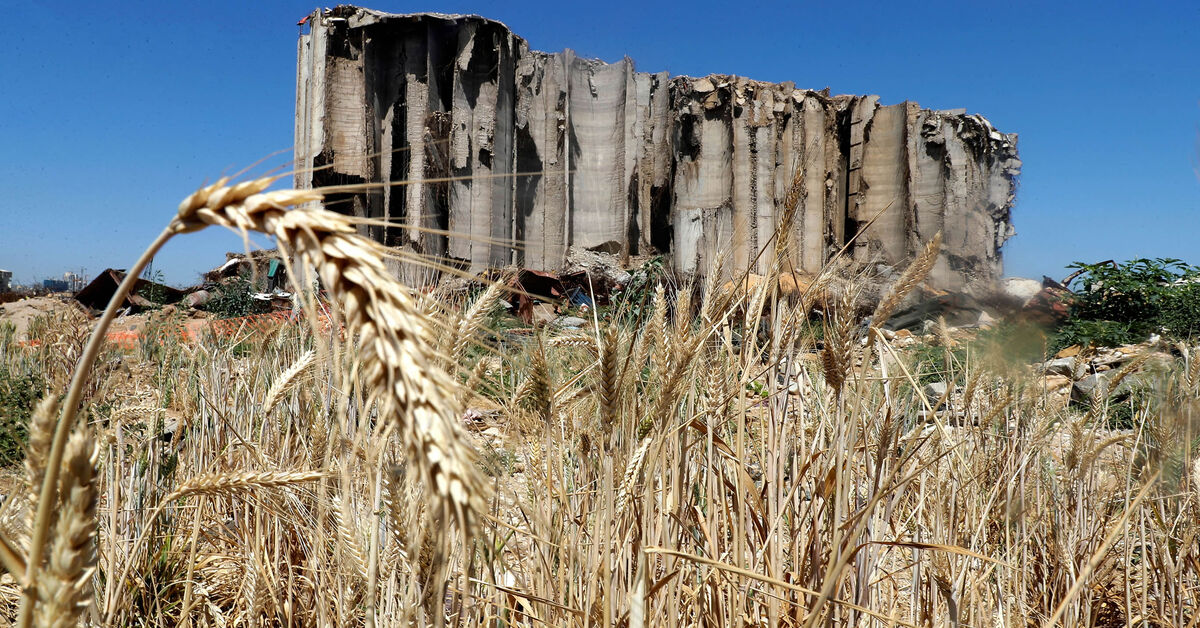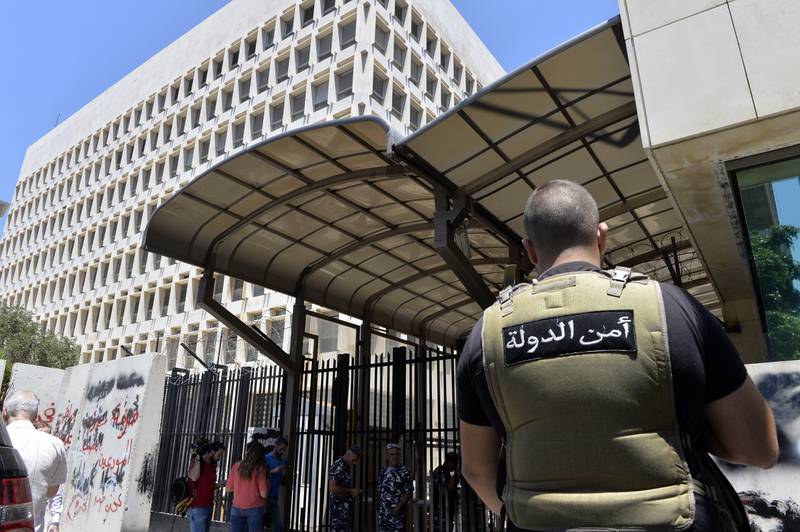
By Sami Moubayed, Correspondent – gulfnews.com — Damascus: On October 31, 2022, Michel Aoun’s six-year tenure at the Lebanese presidency will end. Attempts are presently underway, led by Aoun’s Free Patriotic Movement (FPM), either to extend his term for an indefinite period or bequeath the post to his son-in-law and political heir Gibran Bassil. But, a third option is now making the rounds, which calls on Prime Minister-designate Najib Mikati to assume the presidential seat, albeit temporarily, if no candidate is chosen anytime between now and next October.
FPM Initiative
The Aounists are peddling an extension of their boss’ term, citing a clause in the Lebanese constitution, which says the president cannot be sworn into office unless there is a full-fledge cabinet of ministers, approved by the Lebanese Parliament. Mikati is currently in designate mode, tasked with forming his fourth government last May. In Lebanon, that is a process that can take weeks, or months. A Prime Minister-designate cannot supervise a presidential election, nor inaugurate a new president, giving Aoun a legal pretext to extend his term at the Baabda Palace. Although he has often said that he has no intention of staying in office longer than his presidential term, he has also said he won’t surrender office to a “power vacuum”.
And it’s a power vacuum that the Aounists are trying to create, in order to keep Aoun as president. They have been trying to obstruct Mikati’s attempts at cabinet formation, to keep him in prime minister-designate capacity. A suggested cabinet reshuffle was sent to Aoun on June 29, which he automatically rejected, because it suggested replacing the FPM’s current Minister of Energy Walid Fayyad with an independent. They hope to keep finding more excuses to delay cabinet formation, saying that they will only facilitate the process if Mikati agrees to support Bassil for president. And that is something which Mikati refuses to commit, given that Bassil is an extremely unpopular figure, even among Lebanese Christians, and is sanctioned by the United States.











